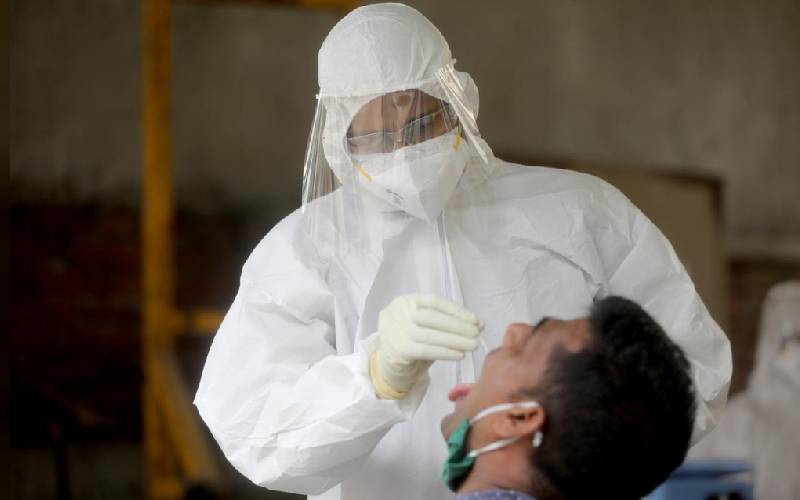×
The Standard e-Paper
Fearless, Trusted News

A health worker carries out a Covid-19 test on a man?. [Courtesy]
A critical responsibility of a healthcare system is to conduct surveillance and coordinate rapid response to public health threats and events that could affect populations and overwhelm the health system.